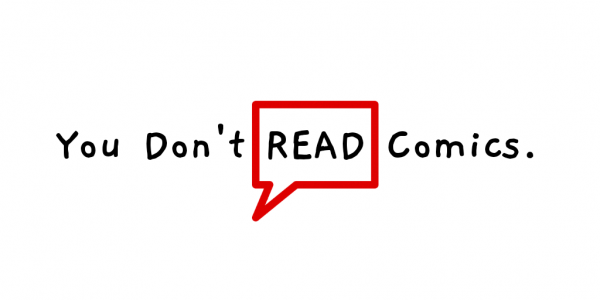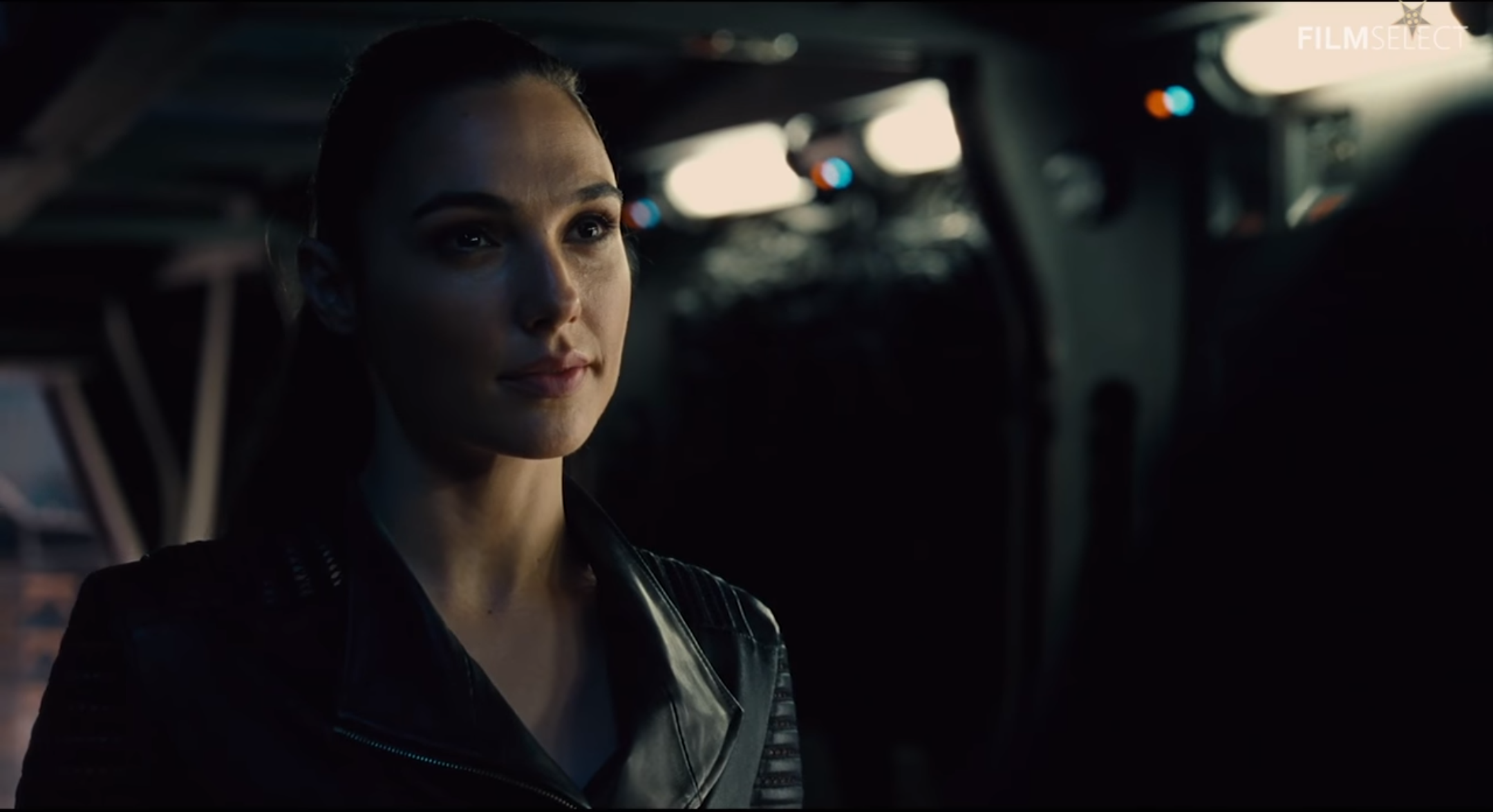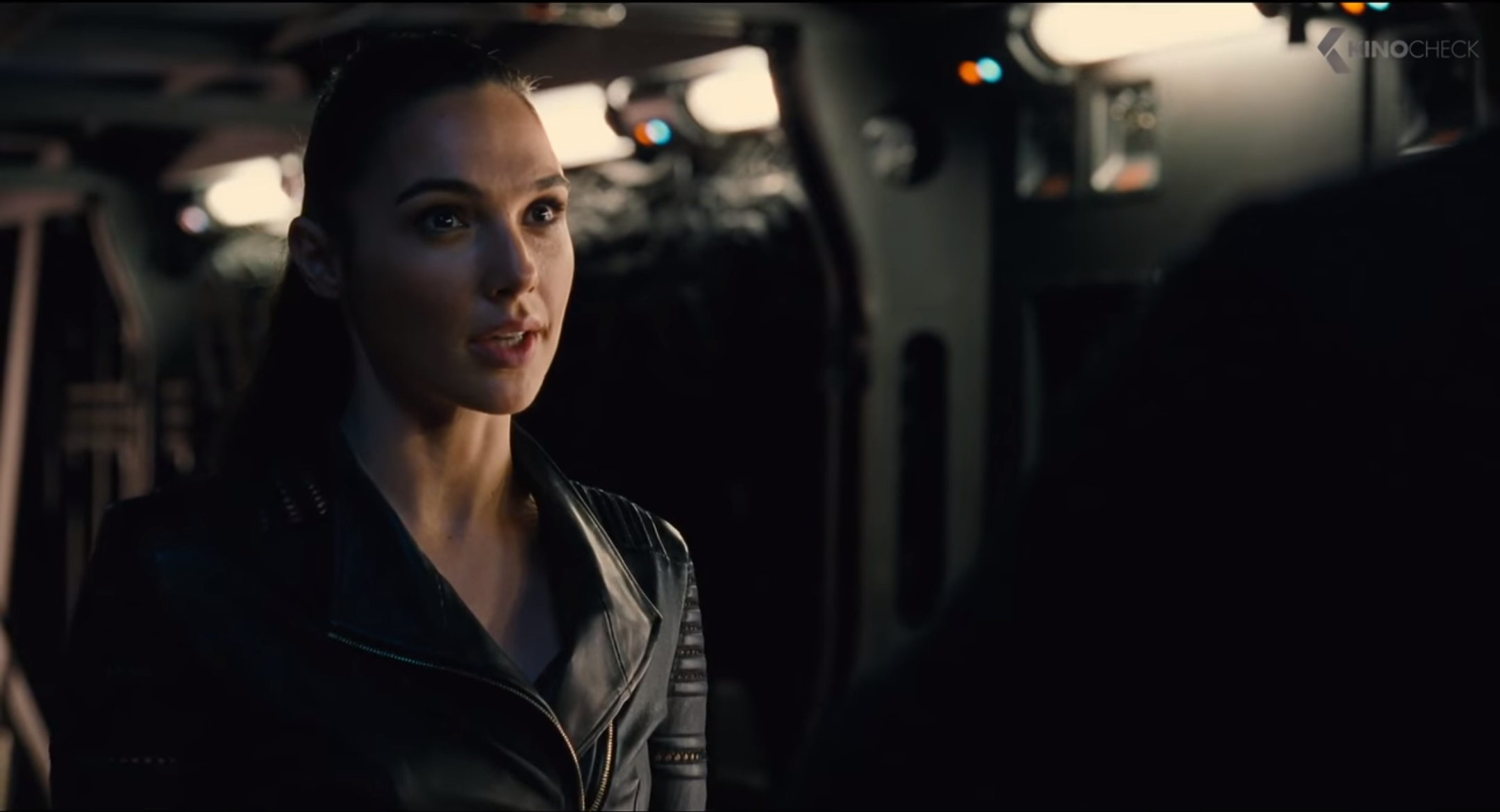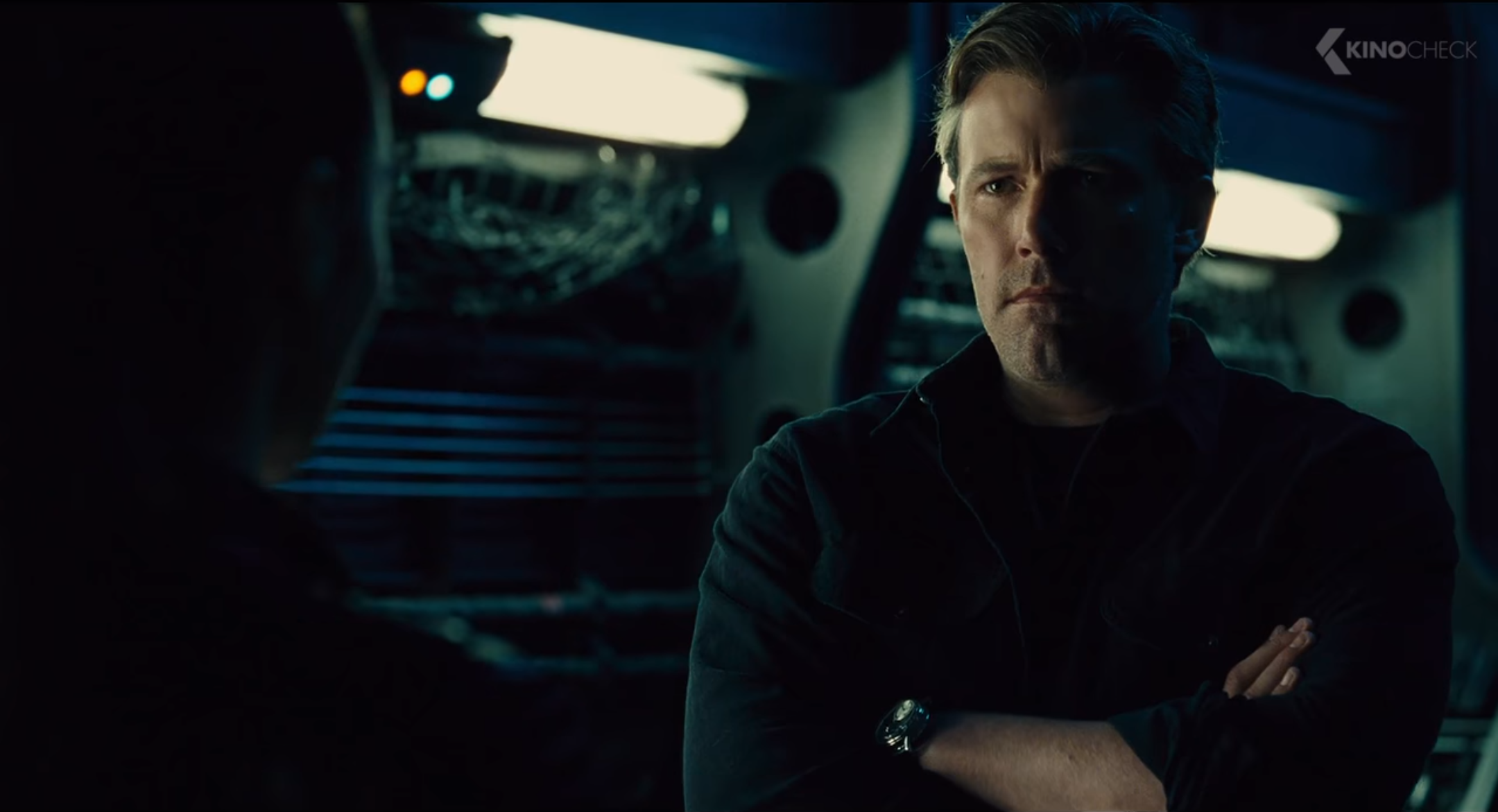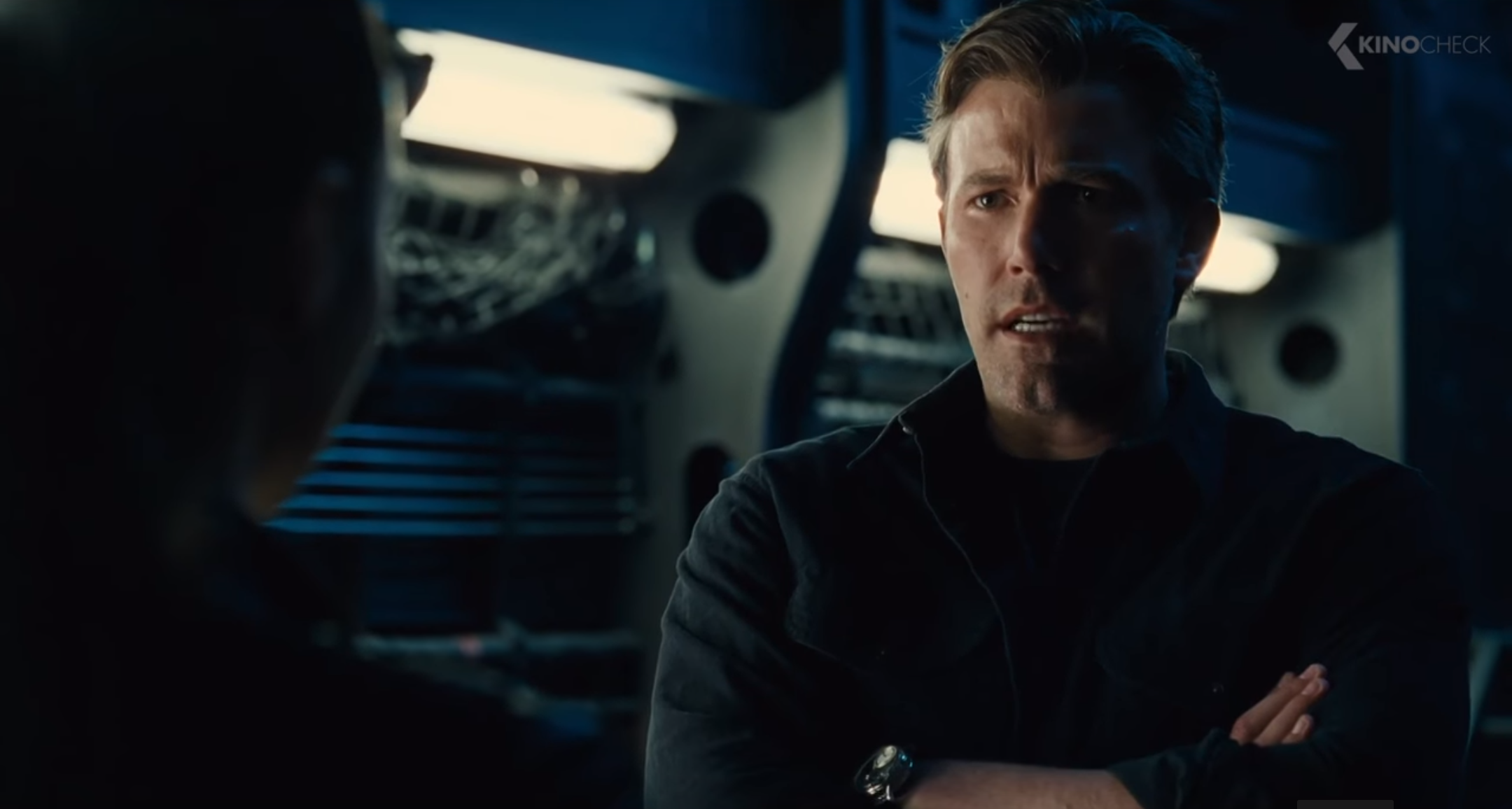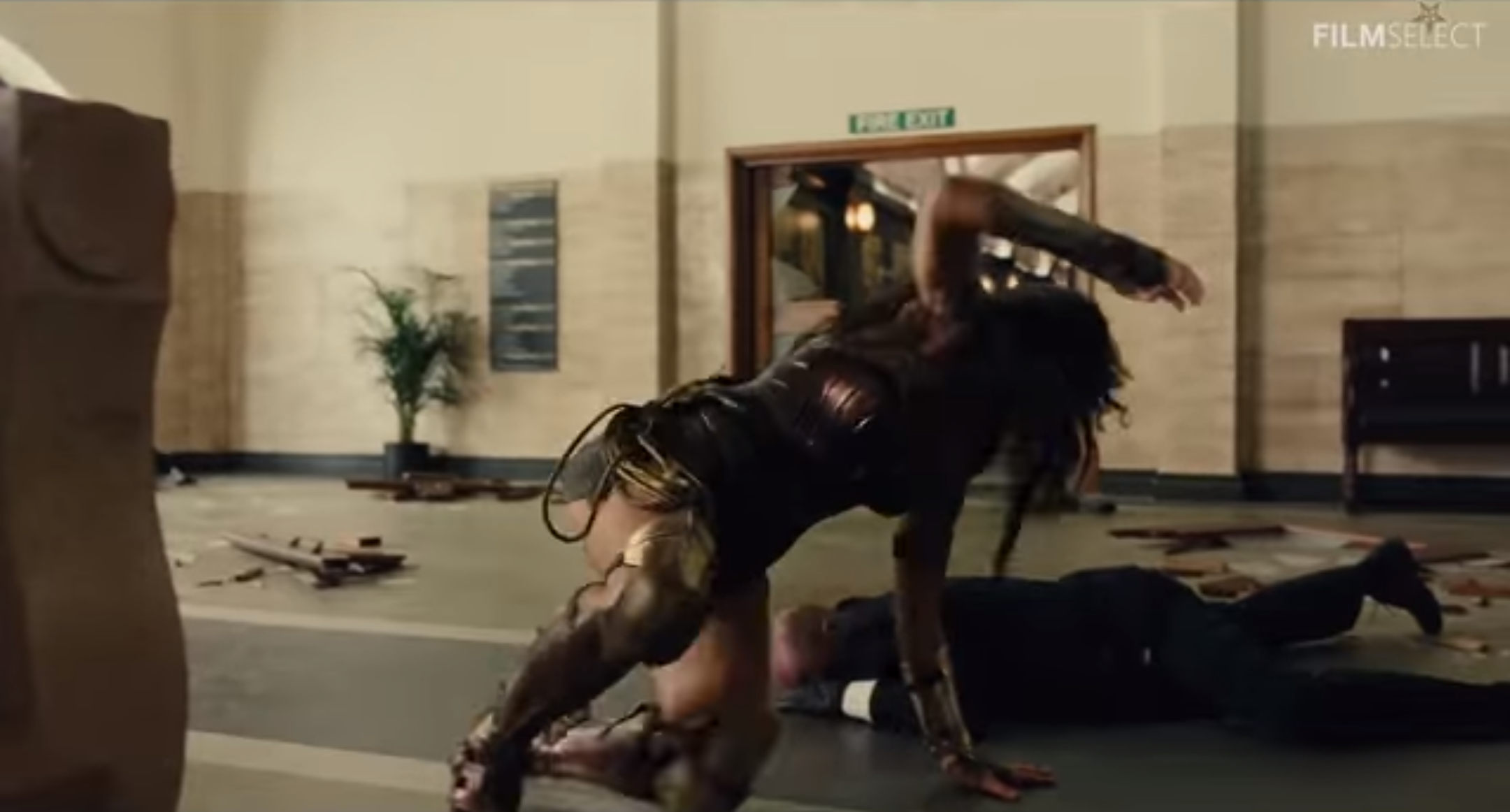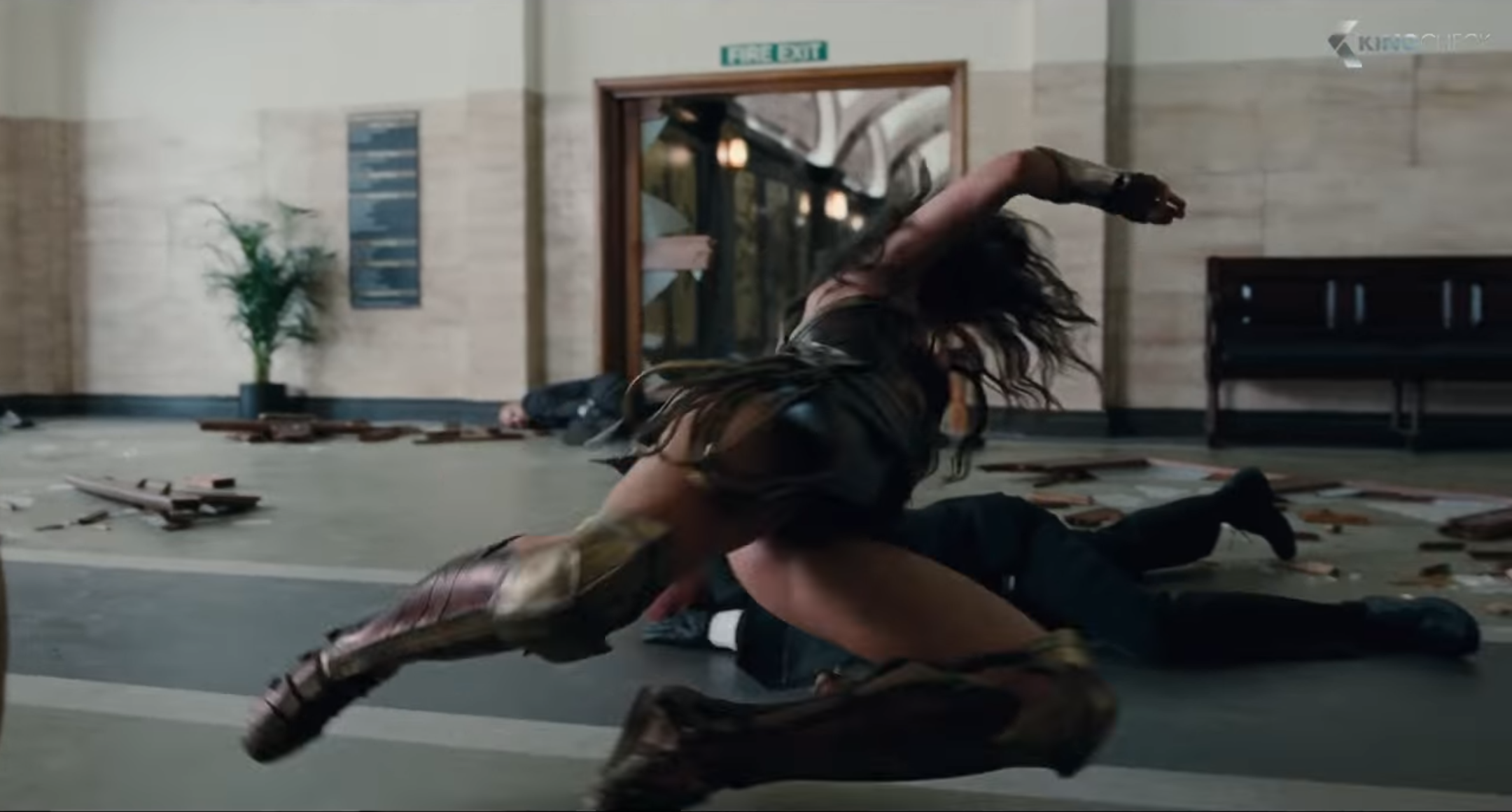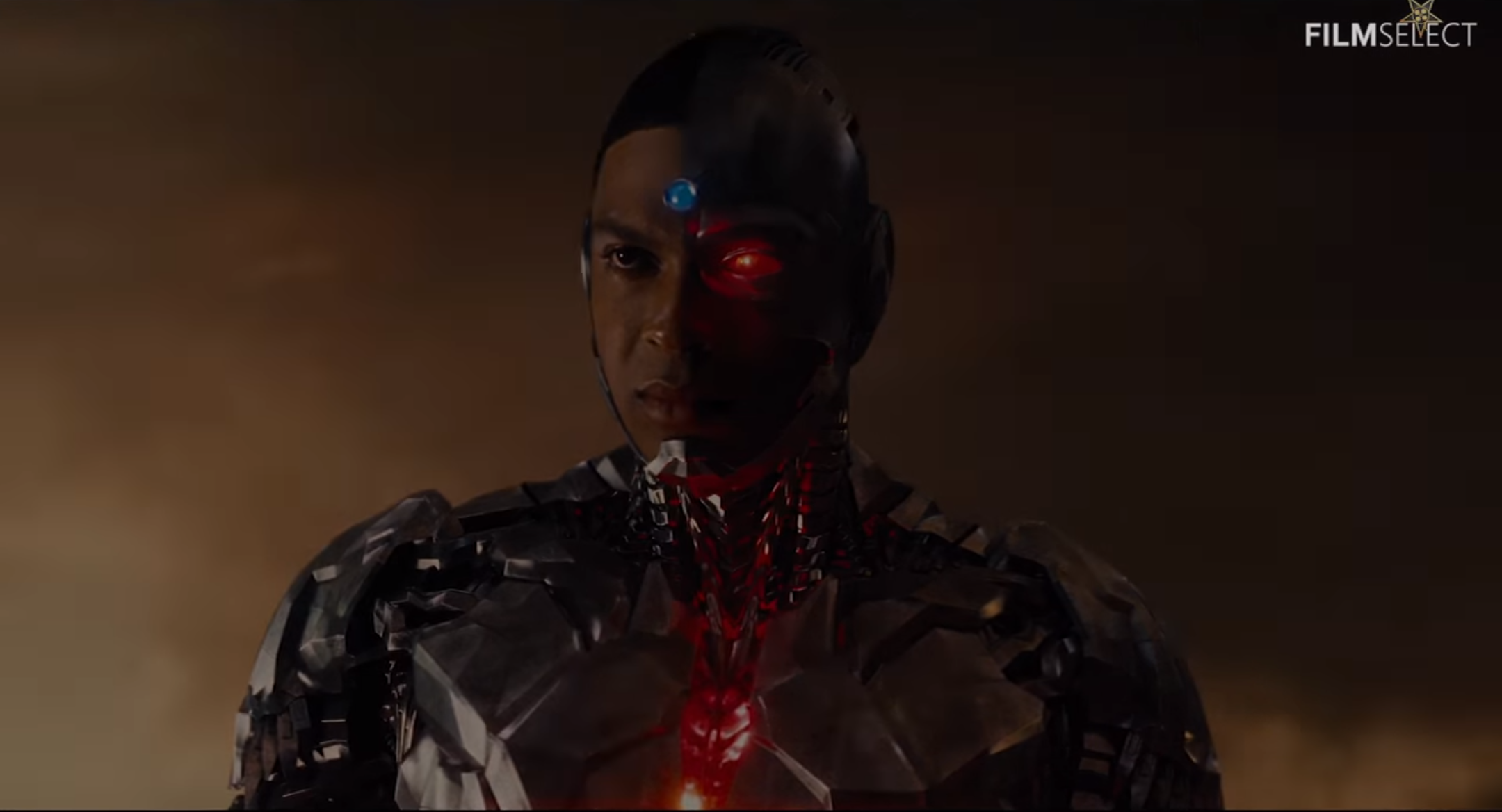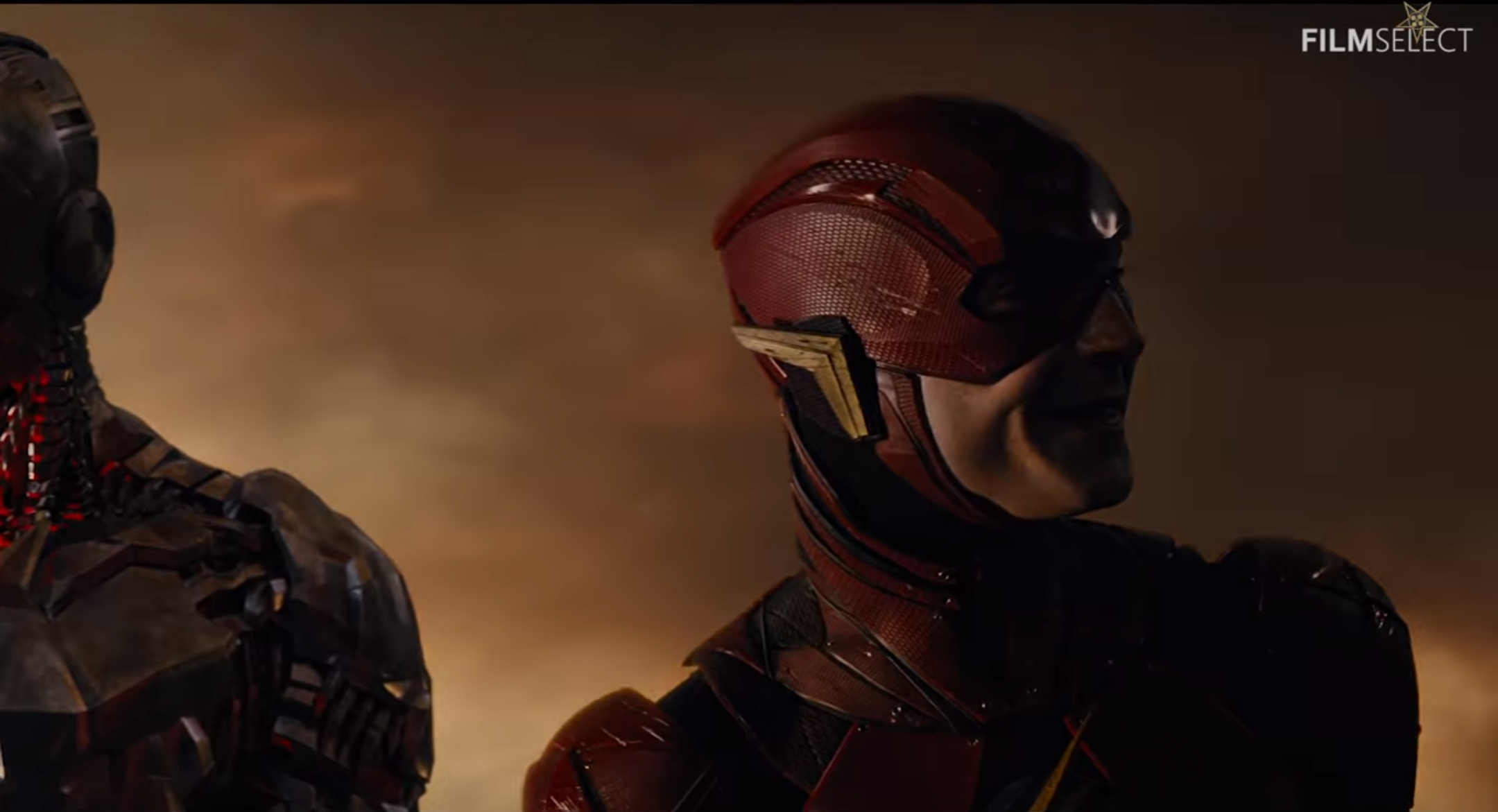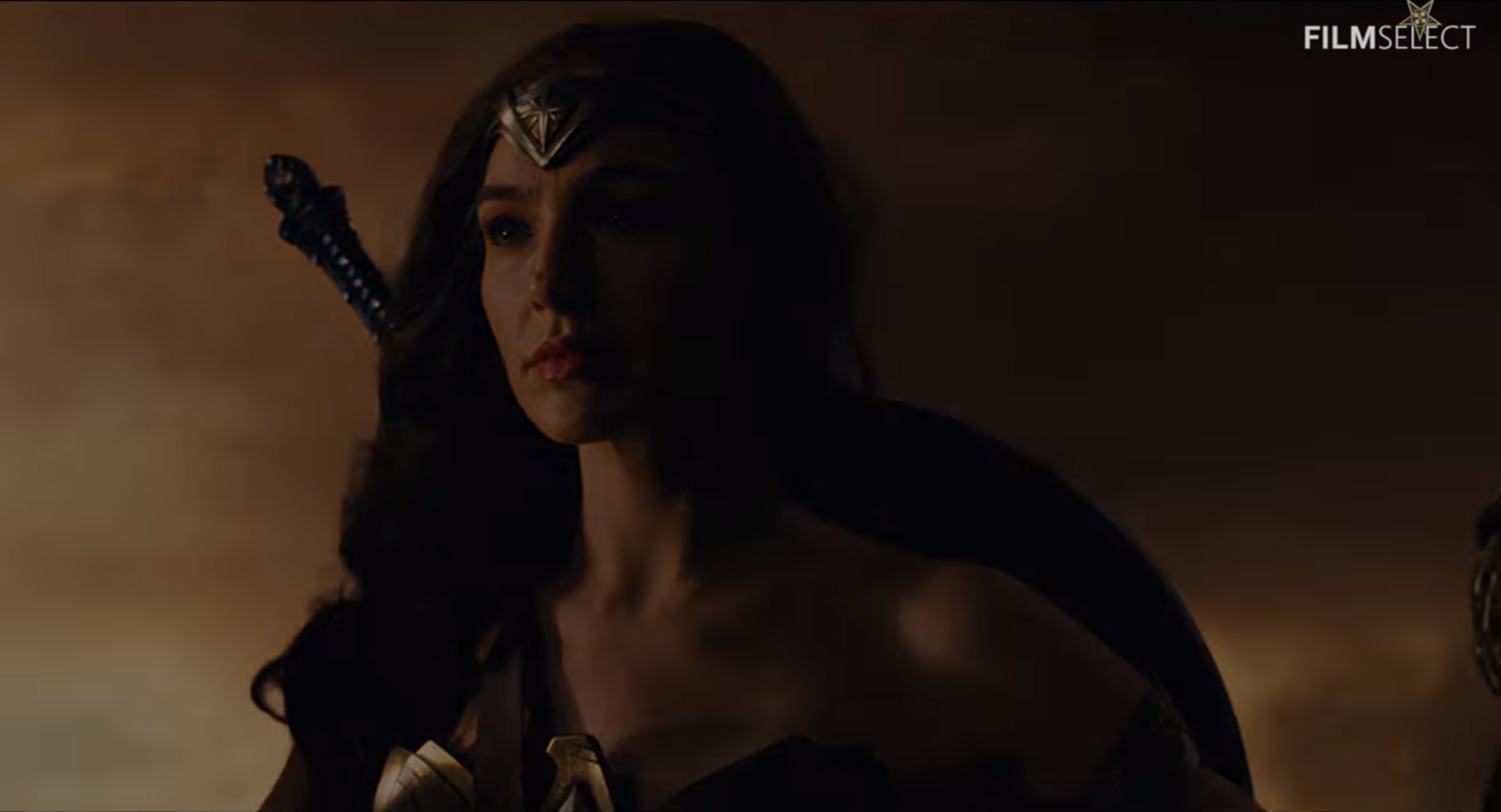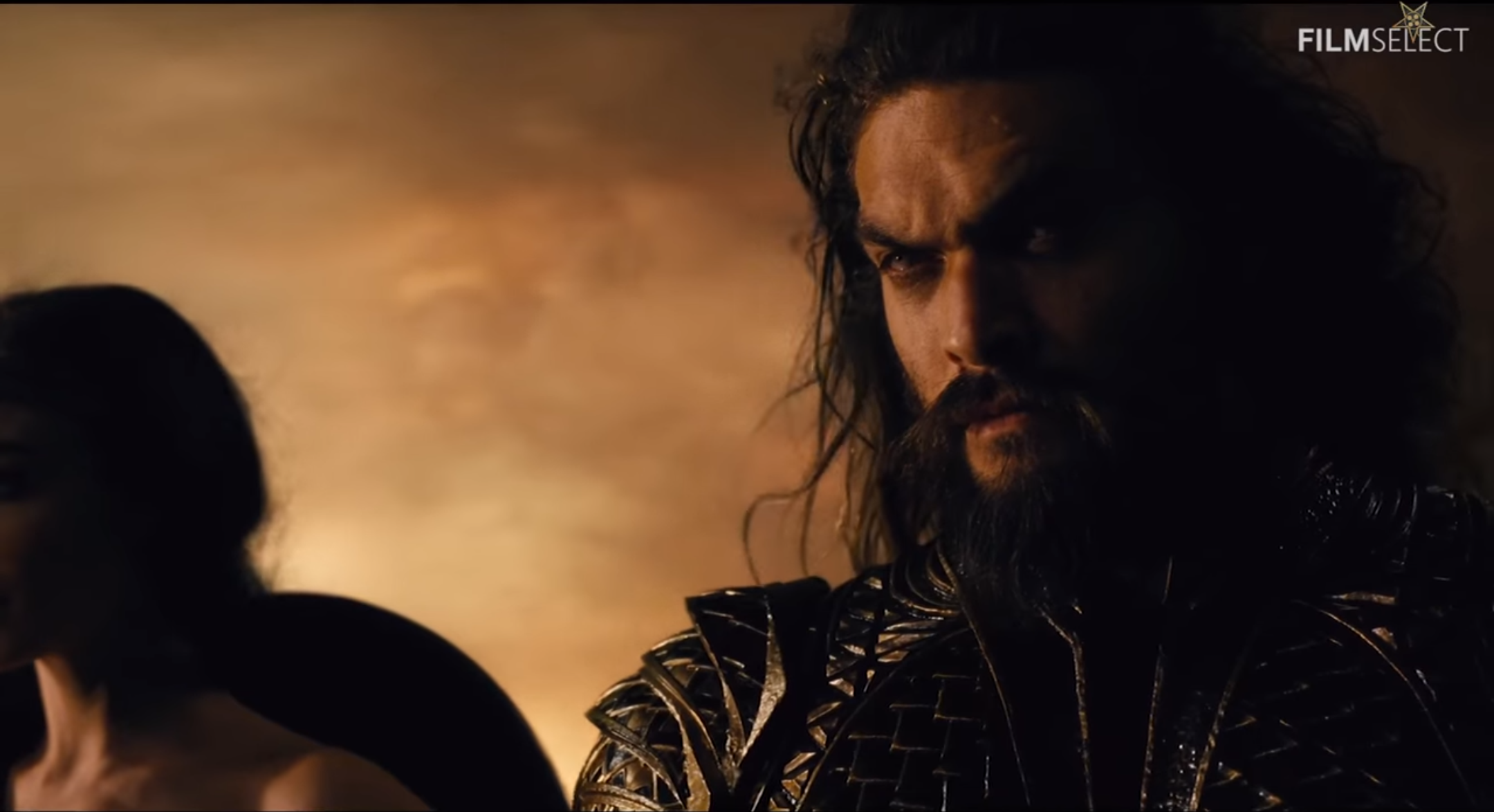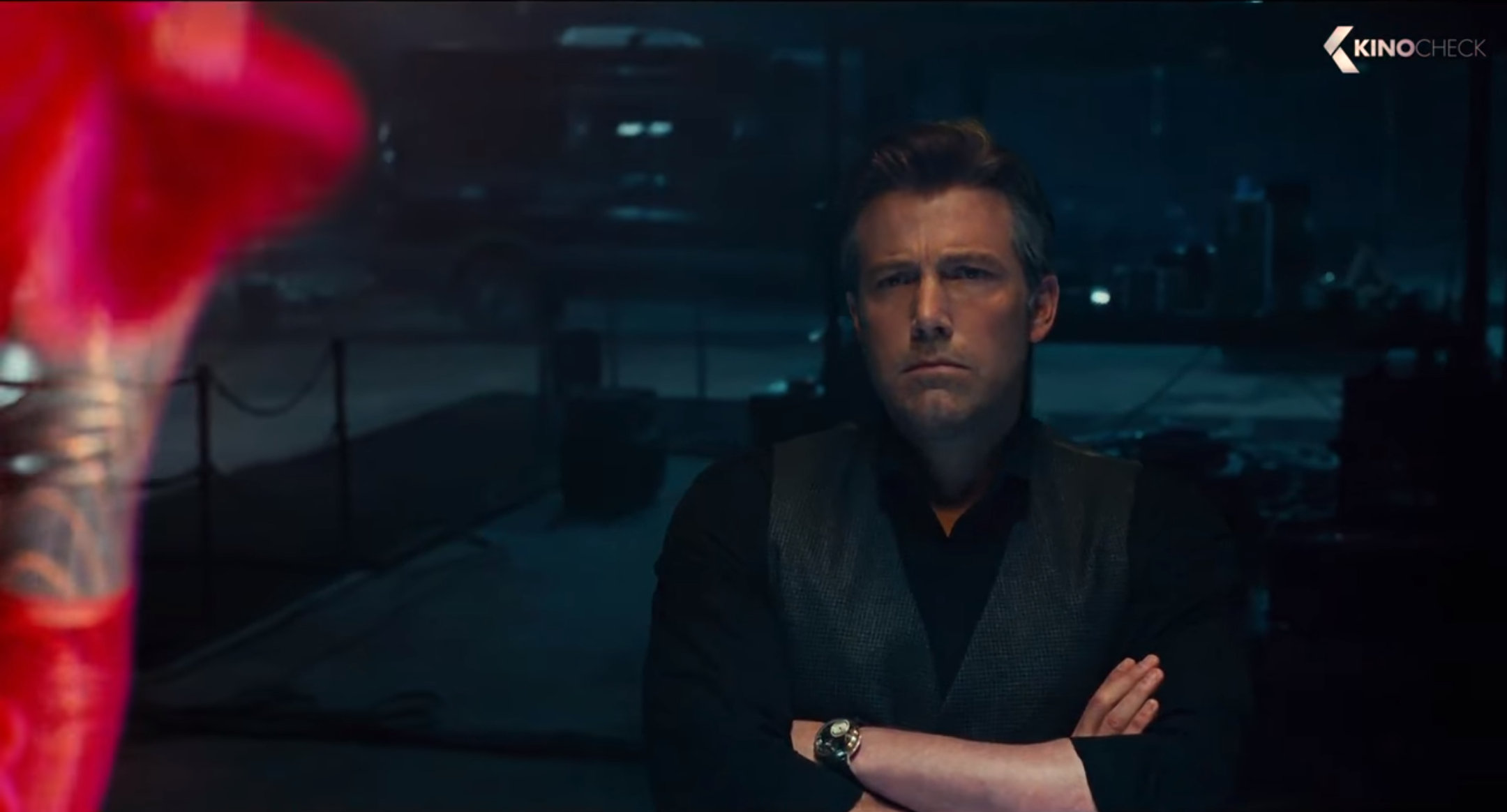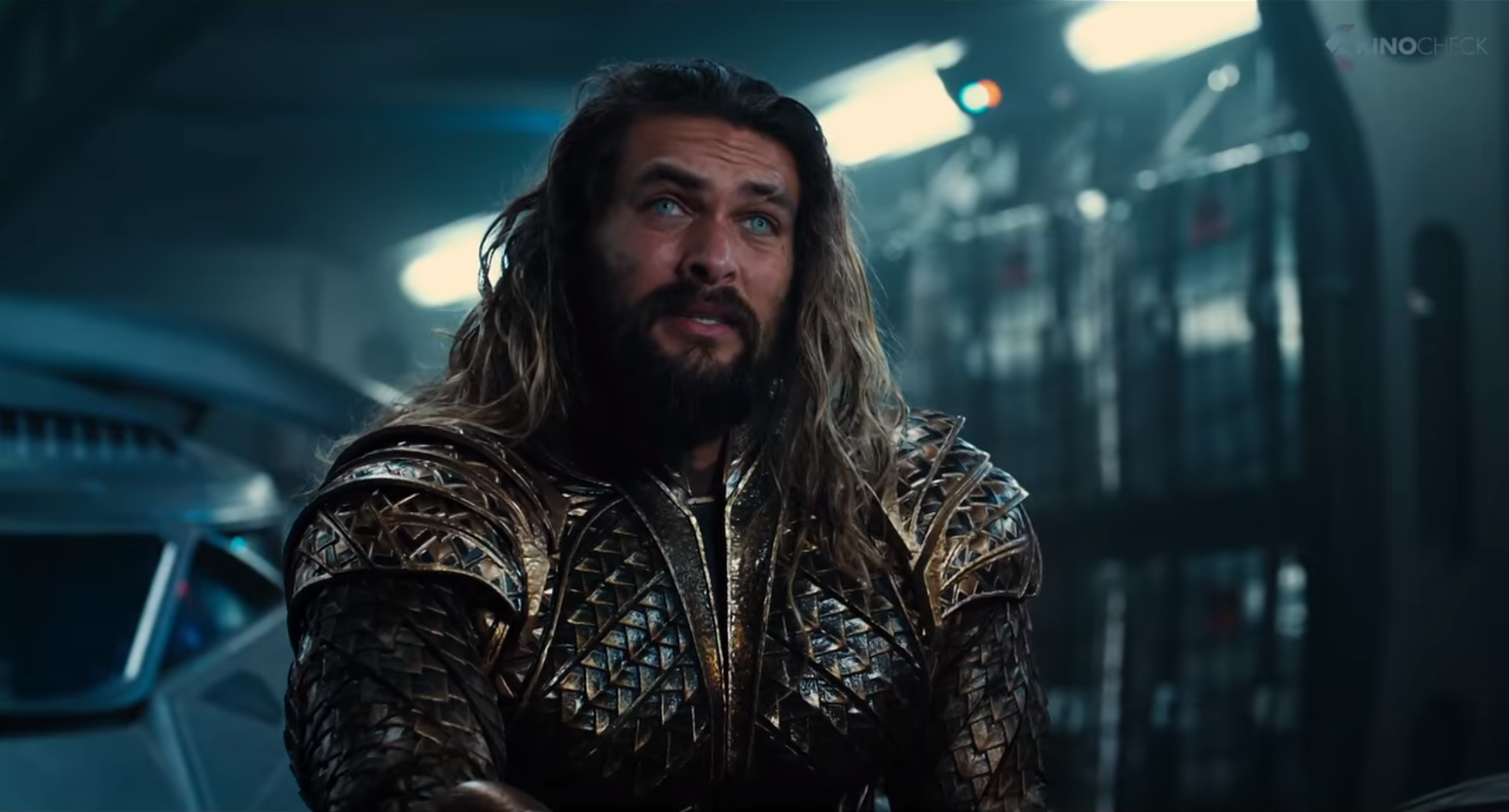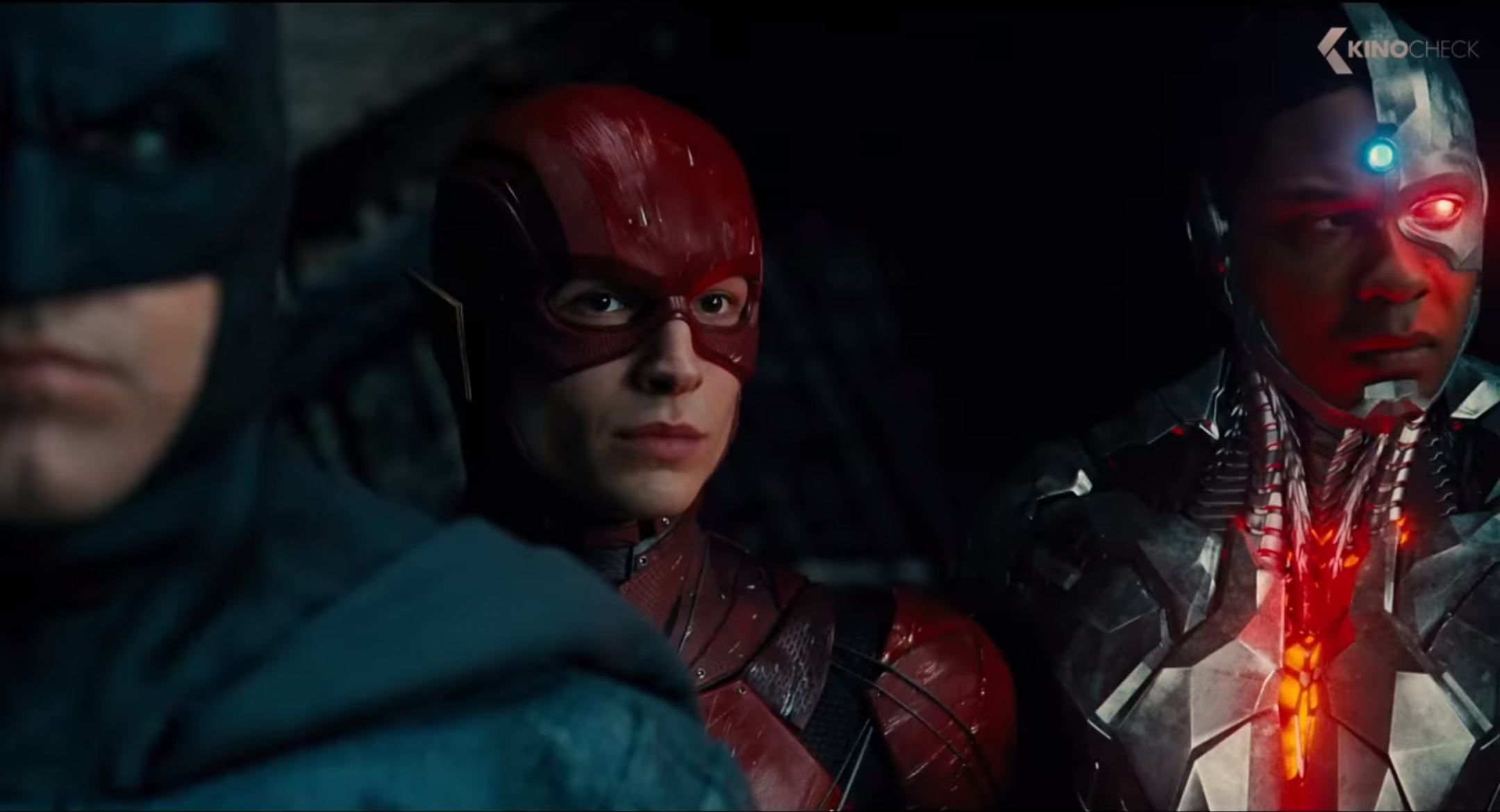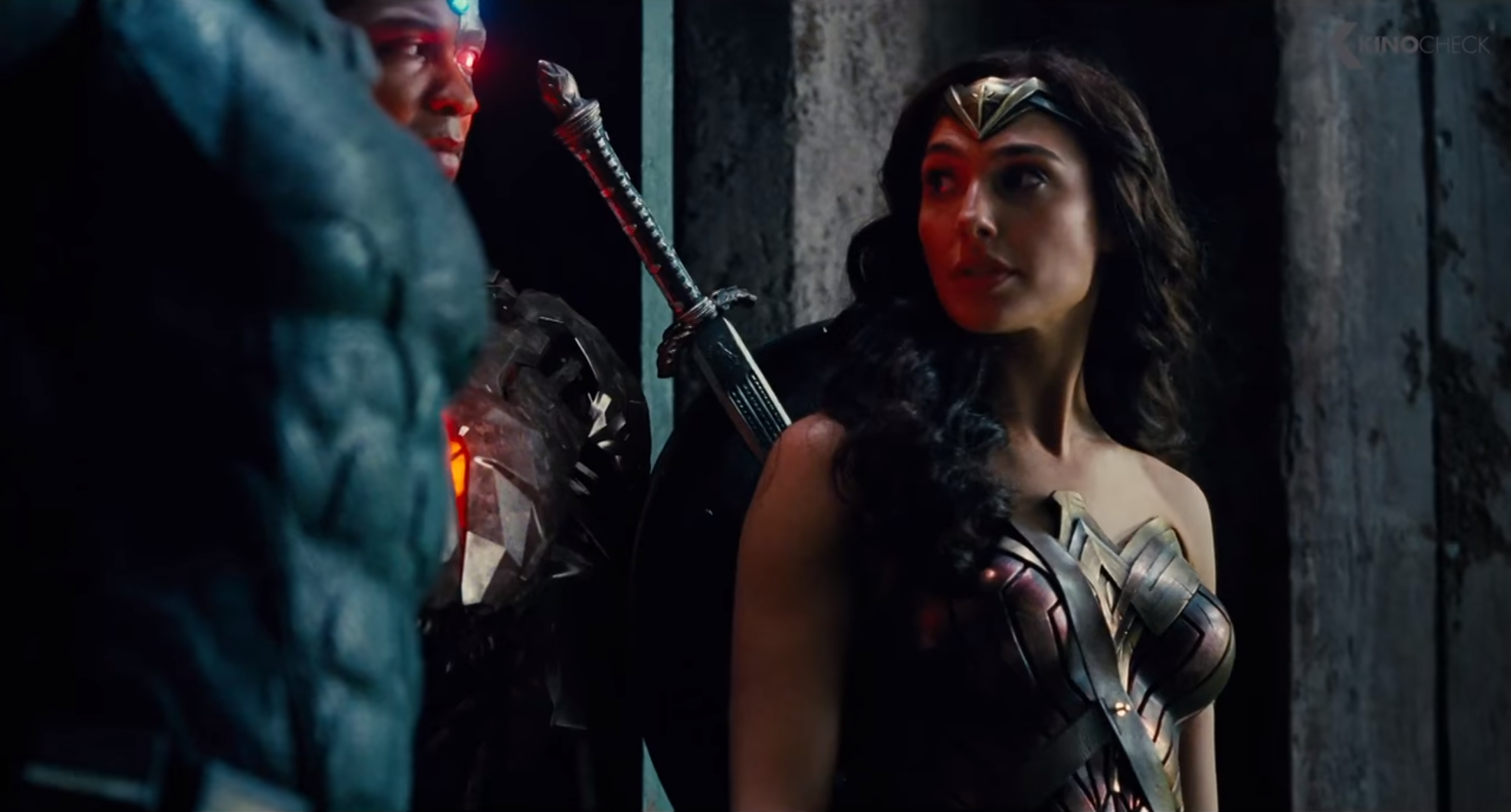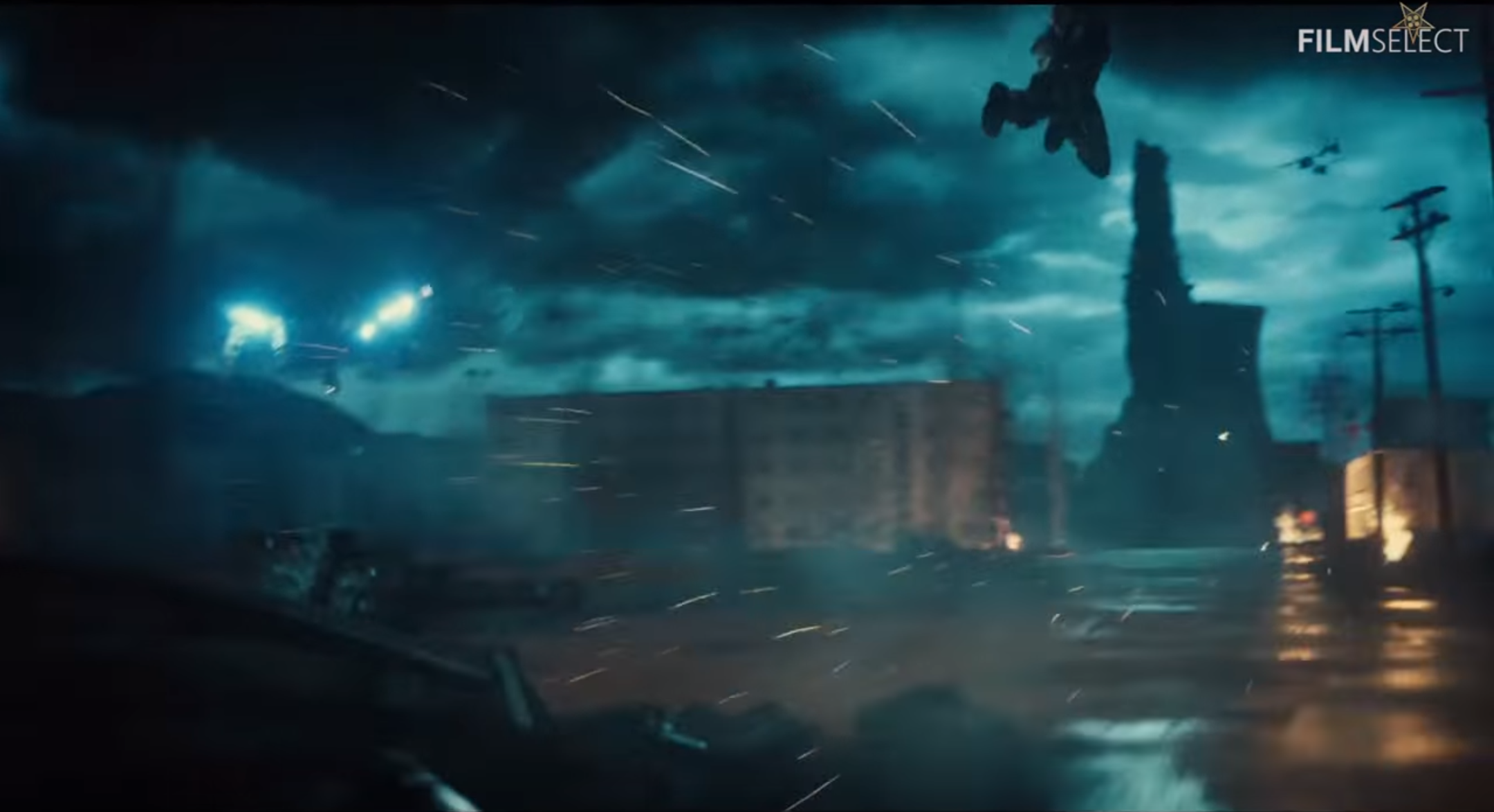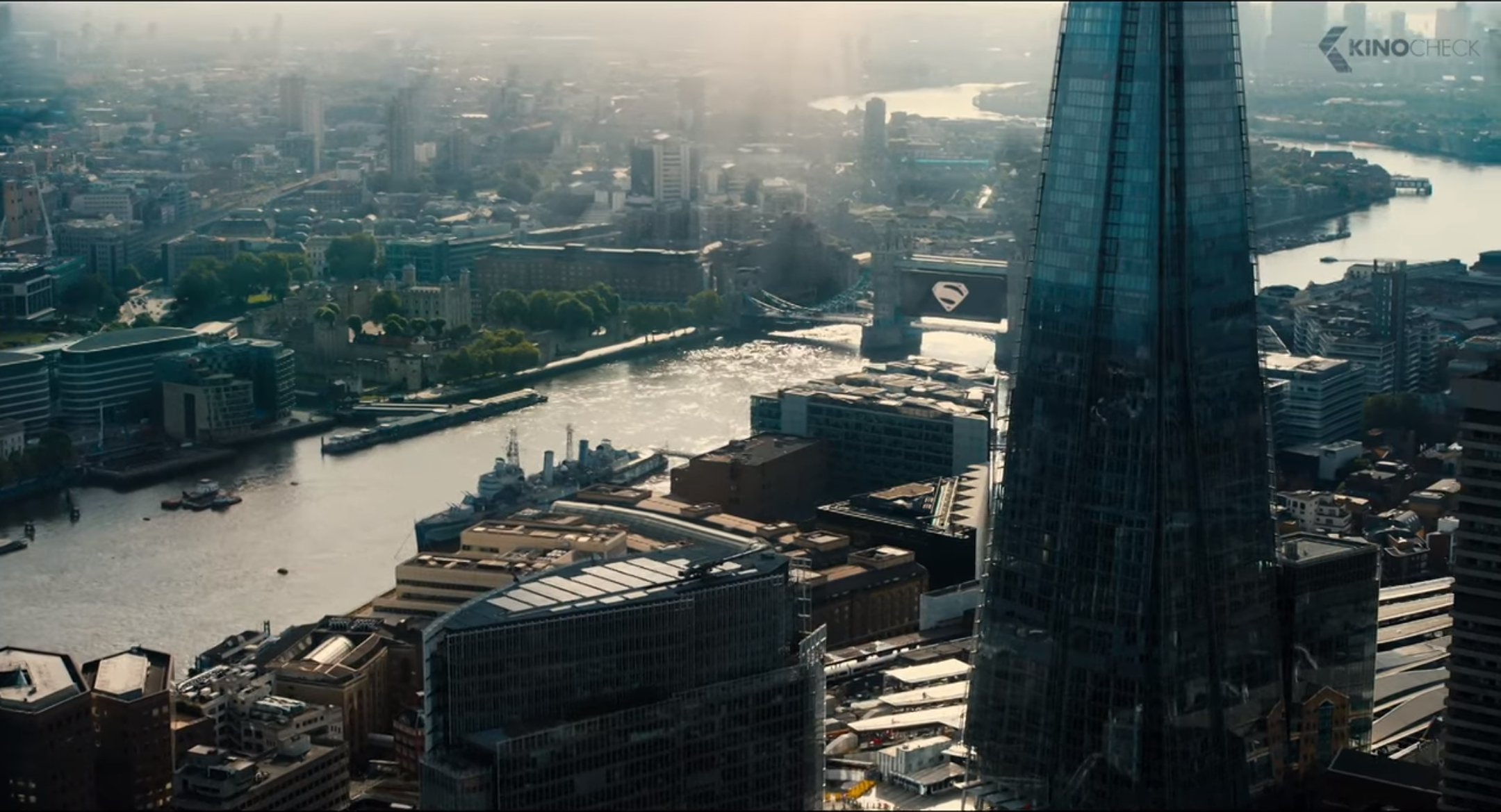Note: The views expressed here are solely those of the writer, and are not necessarily those of youdontreadcomics.com and its editors and owner. Also, no photos were altered from the screengrabs, though they were cropped.
UPDATE (February 12, 2018): Former Variety and Mashable writer/editor Josh L. Dickey tweeted this out yesterday, confirming the supposition of this article.
Despite outrage from some fans over this opinion piece, it may not have been as off base as people thought. It seems that this was a bit of an open secret, openly discussed by both DC and Marvel execs at San Diego Comic Con '17, but hushed up in the press, likely the result of pressure from Warner Bros. Even a quote from Kevin Feige at that time indicates he was aware that Snyder was no longer part of the creative process in any way:
So does this mean that Snyder did use his daughter's suicide as a cover story for his firing? As gross as it is, it's hard to conclude otherwise. In a post-Fan4stic world, where Josh Trank's removal as director helped lead to abysmal reviews and a massive loss for Fox, it makes sense that all involved would want to save face. However, using the death of a 20 year old girl in order to avoid negative press is about as cold and calculating as it comes.
No statements have been issued by Warner Bros or the Snyder family at this time, either confirming or denying Josh L. Dickey's claim.
Original text: In May, Zack Snyder shocked the superhero film fan community with the news that he would be stepping down as director of the forthcoming Justice League film. Citing the death of his daughter, Snyder assured us the project was in good hands, namely those of Buffy and Firefly creator, and Avengers director, Joss Whedon.
But, as horrible as it sounds, was the story really a timely cover for Snyder’s removal from the project?
Even when Snyder removed all visual evidence of his association with the franchise about a week ago from his Twitter profile, it seemed wrong to imply that his leaving was anything but the proper, if not a little late, decision of a grieving father.
That was all before the new trailer unveiled at Comic Con International debuted yesterday.
The trailer was visibly brighter, with a warmer color palette, than the first two (Here and here) we had seen before Snyder left.
This is true even across comparable scenes. In the provided examples, the same sequence between Gal Gadot’s Diana and Ben Affleck’s Bruce Wayne is noticeably brighter and warmer. It’s still high contrast, but the brights really pop in the Whedon footage, and the color of their skin is more realistic than the desaturated Snyder footage.
In the next set, with Wonder Woman in action, the background on the Snyder footage is darker and yellowed, while the background in Whedon’s version is brighter and more realistic.
Snyder:
Whedon:
The footage we hadn’t seen before shows even greater disparity. From establishing shots to team line ups, the new footage is much more reminiscent, visually and tonally, of Whedon’s Avengers films than Man of Steel or Batman V Superman. And that begs the question: if Whedon was just coming in to complete the film according to Snyder’s vision, why would he be altering existing, color corrected footage?
It makes little sense if Snyder was only stepping down for personal, family related reasons for Whedon to drastically alter the look of the film. And if Warner Bros wasn’t unhappy with the direction Snyder had taken up to now, they wouldn’t want Whedon to create something that looked vastly different than what Snyder would have made. The departure is fairly obvious between Snyder’s DC films and this trailer, so it can only be surmised that such a change was desired by WB.
When taking into account the timing of all this, it seems even more likely that Snyder was taken off the film. Snyder stepped down May 22nd, two months or so after his daughter’s death, but only a week before the release of Wonder Woman, a film that is not only definitively more successful than any of the earlier Snyder-driven films, but also distinctly brighter and warmer in the visuals. Even the Hollywood Reporter took notice of the change in the Justice League trailer, attributing it to lessons learned from Wonder Woman. But those lessons would already have been obvious at the time of Snyder’s departure; a week out, the film would already have been screened multiple times, to test audiences, executives and even reviewers, with the feedback undoubtedly much more positive than they had gotten for any of the three previous DCEU films. Audiences were probably enamored with the tone and the lushness of the visuals, which stand in direct contrast to Snyder’s overly dark, dreary, desaturated films.
If Snyder hadn’t announced he would be leaving and would be taking personal time for the immediate future, he would likely have faced questions about whether or not he was wrong to approach the material the way he had. If he was incorrect in turning both Superman and Batman into the cynical and violent versions seen in his films. Further, Snyder had obviously done all he could in order to keep his daughter’s suicide out of the media, no small feat in the modern age of TMZ and Twitter. Yet, two months later, he’s publically announcing that details about her death as the reasoning for him to step down.
But he could have kept it quiet and pulled back on his role in the film without stepping down. He was not at all required to do so in order to take time off from the project, allowing editors and visual effects directors to follow his existing direction and finish the film with him still listed as director.
Sadly, all this points to the possibility of a calculated decision to use his daughter’s death in order to save face professionally and hide the embarrassment of being removed from a project he had overseen for years. This may not have even been a decision Snyder made himself; this could have come down from Warner Brothers, leaving Snyder with no options except to go along with it or risk his career being damaged, Warner Brothers being bitter over him not following along quietly, the film suffering at the box office, and his daughter's death being publicized anyway. While there is no direct evidence of this, the proof, as they say, is in the pudding, and it’s impossible to deny that the film attributed to Whedon is visually a distinctly different movie, one that would never have come to be if Warner Bros had been happy with Snyder’s vision.
All fans can do is hope Whedon's final film is met with a more positive reception from critics and audiences to the new direction, though the spectre of Snyder's departure may end up being one that the film can't help but expose.
